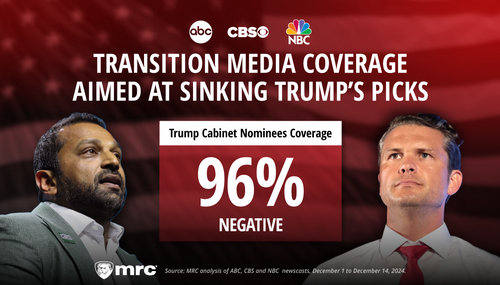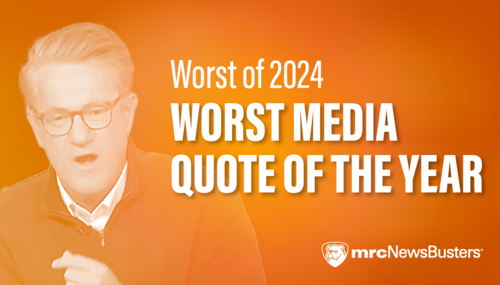Soda was demonized by the media and food police groups for years, long before New York City’s Board of Health voted Sept. 13, overwhelmingly approving Michael Bloomberg’s controversial ban on certain sizes of soda.
The act, which Bloomberg claimed “will save lives,” will prevent the “sale of sweetened drinks in containers larger than 16 ounces, smaller than the size of a common soda bottle” at certain establishments. It does not prevent people from merely buying multiple drinks if they choose, something Bloomberg admitted on MSNBC in May 2012.
Dr. Gilbert Ross, medical director for the American Council on Science and Health (ACSH), has said obesity rates have stabilized nationwide in recent years and “There is no solid evidence showing that restricting sodas to a certain size will have the slightest impact on obesity.”
Yet, Bloomberg and fellow activist Mayor Gavin Newsom of San Francisco have been called “hero[es]”, by the media, for their attempts to curb obesity through regulation. The media have accused soda of many things – from making you fat, to being compared to a toxin like alcohol and tobacco. They also promoted soda taxation, which CBS labeled “good for the waistline and the bottom line” in 2010.
In May 2012 on CNN’s “Newsroom,” Alina Cho supported Mayor Bloomberg’s soda ban and even played a gross anti-soda ad, created by the government of New York City with taxpayer money, as a good argument for it. She referred to this ban as “controversial” but found nothing about it to criticize in her segment.
Over and over again the media have portrayed soda as bad and in need of taxing or regulating, while ignoring critics of such regulation or the personal responsibility for food and beverage consumption.
CNN’s chief medical correspondent, Dr. Sanjay Gupta referred to sugar as a “toxin” on “60 Minutes,” in April 2012. He interviewed Dr. Robert H. Lustig, MD, of the University of California San Francisco, who compared sugar to alcohol and tobacco. “Ultimately, this is a public health crisis, and when there’s a public health crisis you have to do big things and you have to do them across the board. Tobacco and alcohol are perfect examples … I think that sugar belongs in this exact same wastebasket.”
MSNBC “Morning Joe” co-host Mika Brzezinski called San Francisco’s Newsom her “new hero” in 2010 after his ban on sodas in vending machines. Ironically, one of the show’s sponsors is Starbucks, no stranger to serving large, sugary and highly caffeinated drinks.
In April 2008, ABC went after soda for making people fat. John Berman criticized soda advertisements on “World News with Charles Gibson” saying, “If you watch the commercials, soft drinks make us sing, soft drinks make us smile, but researchers say they also make us fat.” Berman then interviewed activist Kelly Brownell, director of the Rudd Center for Obesity at Yale University, who proposed a tax on soda and referred to it as “public health homerun.”
Bloomberg’s Soda Ban Passes, After Steady Stream of Media Attacks on Soft Drinks
September 13th, 2012 3:45 PM
Font Size




